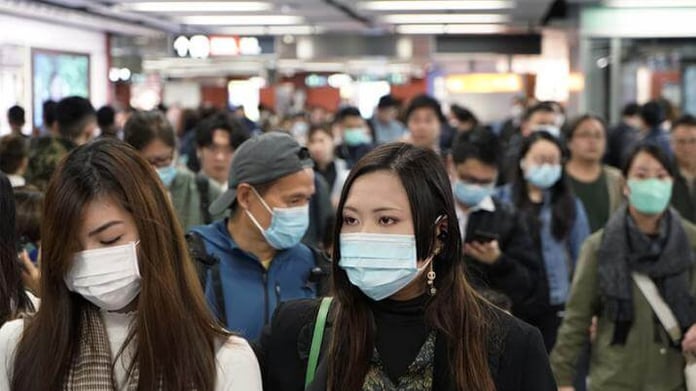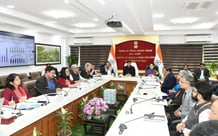
“We have a simple message for all countries: test, test, test,” WHO director Tedros Adhanom Ghebreyesus advised all nations in late March to halt the outbreak of the coronavirus. And, the case of South Korea. South seems to show that the formula is the right one.
“Test each suspicious case. If they test positive, isolate them and discover who they have been in contact with two days before they developed symptoms and also evaluate those people, it is key,” the world health authority completed the concept that guided the Asian country that It seems to have managed to dominate the epidemic thanks to massive testing.
South Korea has evaluated more than 270,000 people, which is equivalent to more than 5,200 tests per million inhabitants, more than any other country except small Bahrain.
That nation’s experience shows that “diagnostic capacity at scale is key to epidemic control,” said Raina MacIntyre, an infectious disease specialist at the University of New South Wales, Sydney. “Tracking contacts is also very influential in the control of epidemics, as is the isolation of cases,” he said.
“South Korea is a democratic republic, we believe that a blockade is not a reasonable option,” said Kim Woo-Joo, an infectious disease specialist at the University of Korea.
The country, despite reducing cases – peaked on February 29 when it reported 909 positives – and is one of the first countries to open its economy, remains on alert.
As of May 13, it reported 119 cases of COVID-19 linked to the capital Itaewon district, a prosperous neighborhood full of bars, restaurants, and clubs.
Before the outbreak was registered, experts explained that South Korea carried out a successful testing program rated as the most expansive and best organized in the world, combined with extensive efforts to isolate infected people and to track and quarantine their contacts.
The Korean experience may be the most correct response to face the pandemic and that is the main reason why the Government celebrates the local manufacture of rapid tests developed by Argentine scientists.











